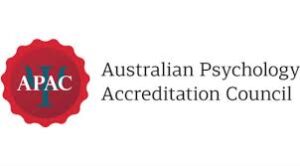Course Overview
Discover how the human mind and social systems intersect to influence criminal behaviour. This fully online degree combines the science of psychology with the real-world application of criminology to prepare you for diverse career paths in justice, mental health, and community services. You’ll explore key questions around why crimes are committed, how behaviour is shaped, and what drives social change. Designed with flexibility in mind, this program supports your goals, whether you’re launching your career or upskilling for the future.
The Bachelor of Psychological Science and Criminology is the first 3 years of a 6-year pathway towards becoming a registered psychologist.
What you’ll learn:
- Core psychological principles including cognition, emotion, development, and mental health
- How to apply psychological knowledge to understand criminal outcomes and social deviance
- Criminological frameworks related to crime prevention, law enforcement, and corrections
- Techniques in behavioural assessment, profiling, and forensic analysis
- Data analysis and research skills and how these link to real-world outcomes
- Ethical and cultural considerations in justice, rehabilitation, and community support


